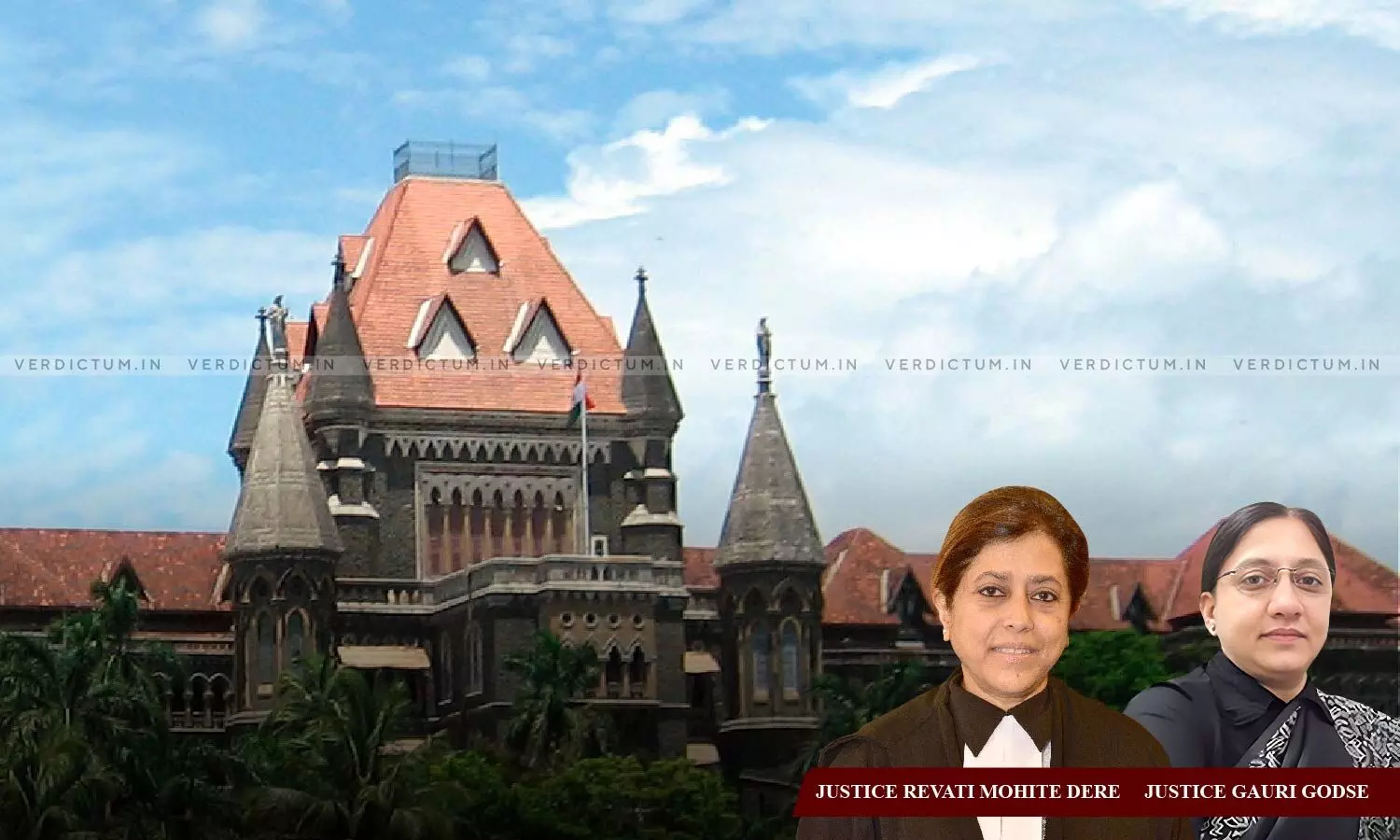
In-Camera Statements Recorded Prior To Date Of Arrest And After Detenu's Release On Bail Lacks Credibility: Bombay HC
 |
|Emphasizing that there is no compelling justification to resort to the provisions of preventive detention, given that adequate remedies under ordinary law are available, the Bombay High Court set aside the detention order, after finding doubt regarding the credibility of the in-camera statements, which were recorded only after the detenu's release on bail and which refer to the incidents before date of arrest.
The Division Bench of Justice Revati Mohite Dere and Justice Gauri Godse observed that “since the in-camera statements are not recorded when the detenu was in custody raises doubt on its credibility in as much as the incidents referred to in the in-camera statements are before the date of arrest of the detenu and the in-camera statements are recorded only fifteen days after the detenu is released on bail, and there are no efforts taken by the police to challenge the order granting bail or apply for cancellation of bail by taking recourse to the well-known remedies of ordinary law”.
Advocate Aisha Z. Ansari appeared for the petitioner, whereas APP M. H. Mhatre appeared for the Respondents
The brief facts of the case are that a detention order dated January 23, 2023, was brought against the detenu wherein the detaining officials relied upon the complaint dated September 4, 2022, for offence Punishable under section 452,427,504, 506, 506(2) read with section 34 of the IPC and for offences punishable under section 4, 25 of the Arms Act read with section 142, 37(1)(a) and 135 of the IPC.
Based on a complaint filed against the detainee for offences involving violence and threats, and supported by statements from five witnesses. Additionally, the authority relied on the gist of two in-camera statements from December 19 and 22, 2022, which alleged that the detainee and his associates had threatened witnesses and extorted money during the second and first weeks of November 2022. Relying on this information, the detaining authority subjectively decided to issue the detention order to prevent further harm and disruption.
After considering the submission, the Bench found that the detenu's challenge to the detention order is twofold: firstly, claiming there is no direct link between the incident mentioned in the CR and the detention order, and secondly, alleging that the in-camera statements, recorded after their release on bail, are fabricated to create a connection between the CR and the detention order.
The Bench further noted that the incidents referred to in the in-camera statements occurred before the detenu's arrest, and none of the witnesses spoke up during their custody.
The High Court stated that all the laws on preventive detention are necessarily harsh, which curtails the personal liberty of a person guaranteed by the Constitution, without a trial, and hence the court has a duty to enquire about the genuineness of the decision of the executive.
“If the in-camera statements are ignored, the order of detention stands based only on one CR, which is registered more than 4 months before the date of the detention order”, added the Court.
The Bench also noted that no case is made out that after the detenu was released on bail, he has indulged in any objectionable activity till the date of proposal or even till the date of order of detention.
Thus, the Bench directed for release of the detenu, finding the absence of any live link with the order of detention.
Cause Title: Pranali v. State of Maharashtra and Ors.
Click here to read/download the Order